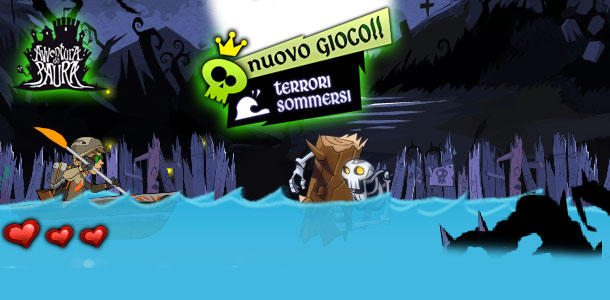Reciprocity Effect in Social Games
The third of the series of posts about the new objectives of game designers: today, game designers have to consider revenue issues and business models since the beginning of their creative processes.
Exploiting the power of “give and receive” social pattern certainly contributes to the strengthening of viral and attractive phenomenon and behaviours.
Reciprocity is a deep-rooted instinct in the human mind and many experts argue that it has played an important role in the development of modern society.
In social contexts, people interact with each other in similar ways: when someone gives a gift to you, you not only feel grateful and almost obliged to return the favour, but also your opinion of that person improves. Following this behavioural pattern is perceived correct; breaking it may cause a sort of confusion in the relationship between people.
In social games, players tend to behave according to this principle. Beyond enjoying the gifts received, doing the same can improve the personal image of the player. So, this creates a circle of strong viral and attractive reciprocity.
To fully exploit this type of dynamics, it is required to make the player’s actions observed – and therefore judged – by the other players. As game designers, it is particularly important to establish a clear sequence of in-game actions, which can create reciprocity expectancy, like “ Send gifts to your friends, and ask them to send one in return”.
Anyway, it is absolutely necessary to calculate very carefully this cycle: the feeling of “obligation” doesn’t always lead to expected results, particularly in long term, when it is perceived as a burden. The reciprocity effect is a double-edged blade with a great potential, but game designers should use it with attention and above all, with the skill to trigger it implicitly within the game.




